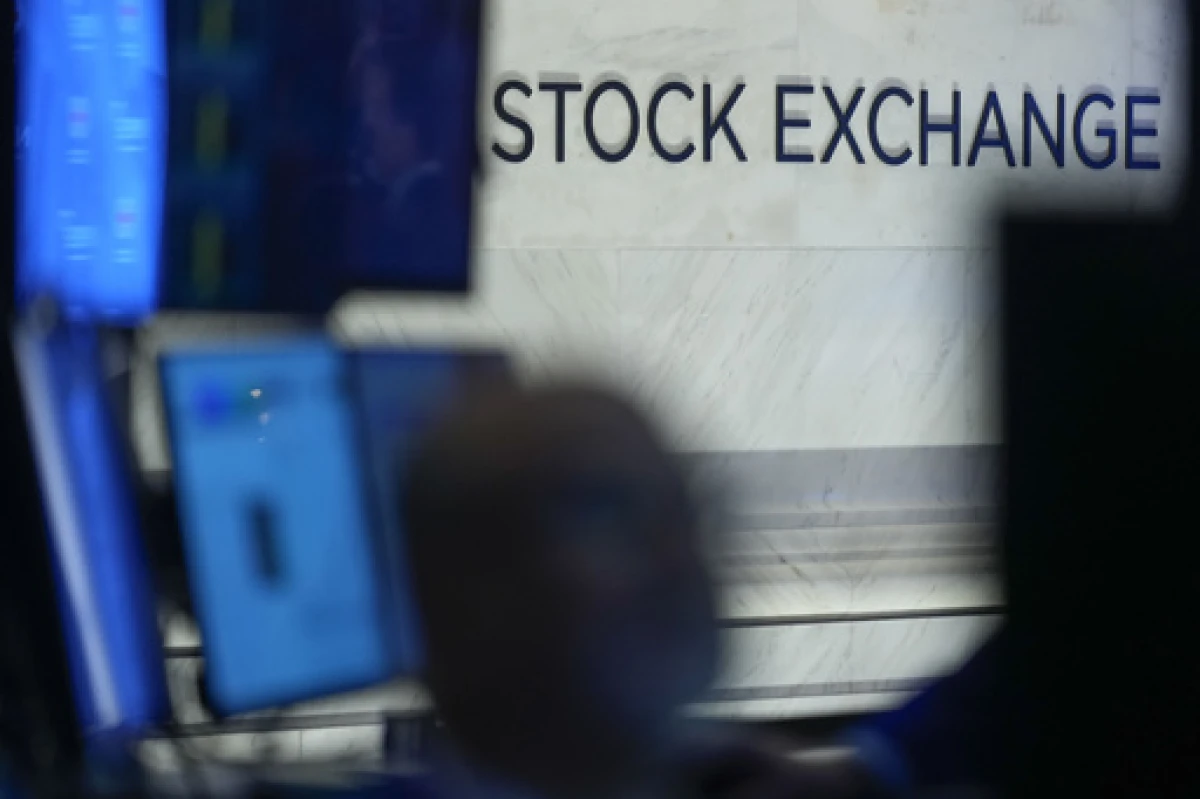NEW YORK (AP) — The U.S. stock market is sinking further Tuesday after President Donald Trump raised the stakes in his trade war, pulling Wall Street more than 9% below its record set just a month ago.
The S&P 500 was down 0.9% in morning trading after Trump said he would raise tariffs on steel and aluminum coming from Canada, doubling their planned increase to 50%. The president said it was in direct response to moves Canada made after Trump earlier threatened tariffs on one of the country’s most important business partners.
The Dow Jones Industrial Average was down 529 points, or 1.3%, as of 10:50 a.m. Eastern time, and the Nasdaq composite was 0.6% lower.
The drops extend a sell-off on Wall Street that has taken investors on a scary ride, fueled by worries about how much pain Trump will allow the economy to endure through tariffs and other policies he's pushing to remake the country and world. The S&P 500 has by at least 1%, up or down, seven times in the last eight days.
They also follow more warning signals flashing about the economy, as Trump’s on -and- off -again rollout of tariffs has caused confusion and pessimism among U.S. households and businesses. The fear is that the whipsaw moves will either hurt the economy directly or create enough uncertainty to drive U.S. companies and consumers into an economy-freezing paralysis.
Delta Air Lines said late Monday that it’s already seeing the change in confidence, which is already affecting demand for close-in bookings for flights. That pushed it to roughly halve its forecast for revenue growth in the first three months of 2025, down to a range of 3% to 4% from a range of 7% to 9%.
Delta’s stock lost 8.4%.
Southwest Airlines also cut its forecast for an important underlying revenue trend, and it specifically pointed to less government travel, among other reasons.
Its stock nevertheless rallied 6.4%, though, after the airline said it would soon begin charging some passengers to check bags and announced changes to encourage its most loyal customers.
Oracle dropped 5.9% after the technology giant reported profit and revenue for the latest quarter that fell short of analysts’ expectations.
Earlier in the morning, several Big Tech stocks helped support the market after getting walloped in recent months. Elon Musk’s Tesla initially rose, for example. President Donald Trump even said he would buy a Tesla in a show of support for “Elon’s ‘baby.’ ”
Trump said political opponents are “trying to illegally and collusively boycott Tesla,” as Musk leads efforts in Washington to cut spending by the federal government. But Tesla's stock soon flipped back to a loss of 1.1%, taking its loss for the young hear so far to 45.6%.
Other Big Tech superstars, which had led the market to record after record in recent years, also lost earlier gains. Nvidia fell 0.8% to bring its loss for the year so far to 21%. It’s struggled as the market’s sell-off has particularly hit stocks seen as getting too expensive in Wall Street’s frenzy around artificial-intelligence technology.
In stock markets abroad, indexes were mostly lower across Europe and Asia.
Stocks rose 0.4% in Shanghai and were nearly unchanged in Hong Kong as China’s annual national congress wrapped up its annual session with some measures to help boost the slowing economy.
In the bond market, Treasury yields held a bit steadier after tumbling in recent months on worries about the U.S. economy. The yield on the 10-year Treasury slipped to 4.21% from 4.22% late Monday. In January, it was nearing 4.80%. ___
AP Business Writers Yuri Kageyama and Matt Ott contributed.
